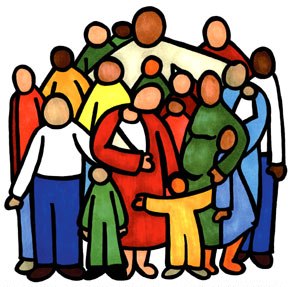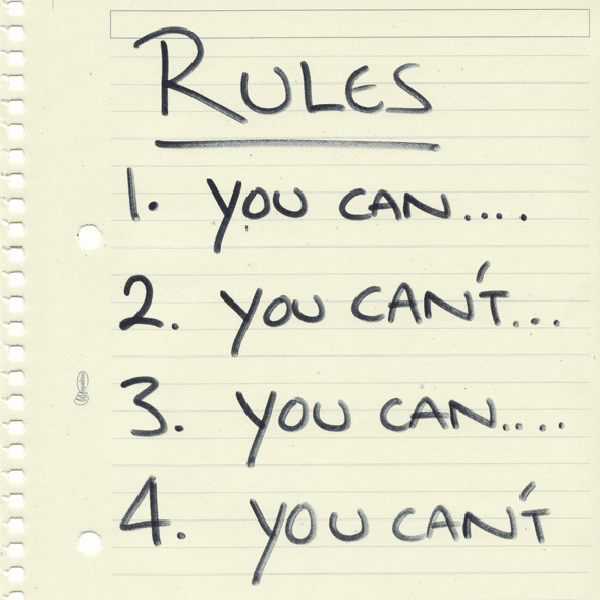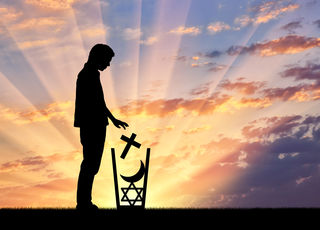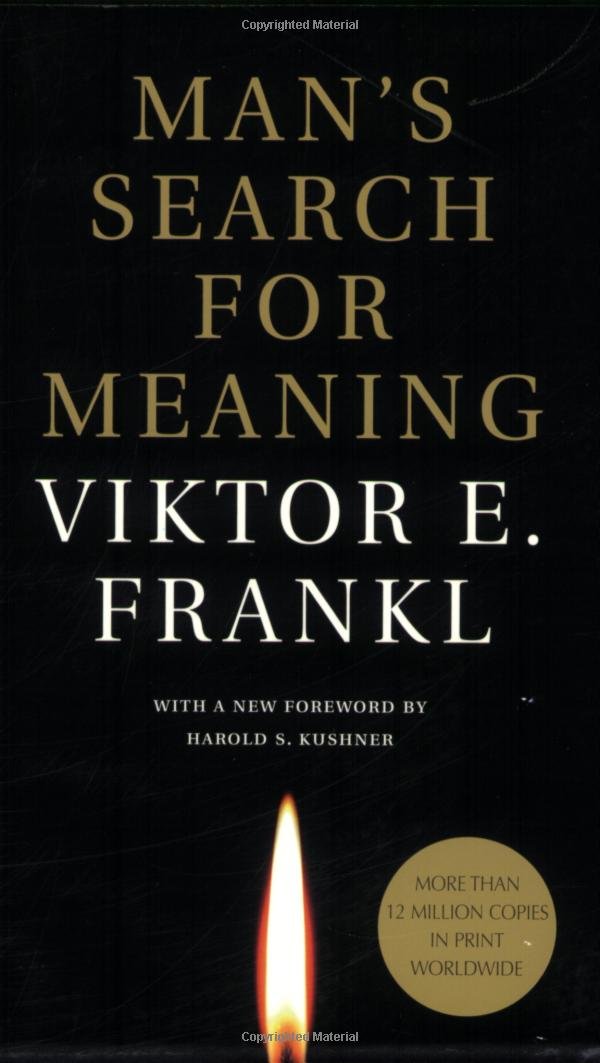In the world of professional sports, it doesn’t matter who you are. It only matters what you can do. This same mindset was adopted in the church where I grew up. The messages were always about what a person should do for God. Here is the list, In fact, there were two lists.
Things to do:
- Tell people about Jesus,
- Read KJV Bible
- Pray
- Get angry at sin.
- Go to church service at all costs.
- Things not to do:
- Don’t go to movies
- Don’t listen to rock music
- Don’t get close to the world and especially other Christians that don’t agree with you on all the things your not supposed to do.
As a young impressionable lad, I wanted to impress others so my lists of “do’s” and “do not’s” became quite long and distinguished. This list was well kept and prominent so I could see and measure how good a Christian I was. All the while, I had an issue which was rotting my soul: I hated my dad. It was a deep, firm, committed, growing, consuming hatred. Of course I justified my hatred because in my estimation my dad was a horrible person. Every ounce of ill will & spite I sent in his direction was well deserved. It seemed that my church was blind to this issue, just so long as I kept my lists from getting dusty.
One year as a teenager I went to a Christian camp and almost immediately one of the counselors took a real interest in me. We talked about all sorts of things. He didn’t seem overly interested in my lists, but rather in who I was. That’s when it came out. It was a simple question, “How is your relationship with your dad?” he asked. I let him know in no uncertain terms! A two-week-long conversation about belief, the gospel, love & forgiveness began. I fought these notions! “I am a good Christian! Look at my lists and besides, my dad is a moron!” This was my justification for hatred. My friend persisted, but the relationship was real, the love was real, and the talks were genuine, so I couldn’t dismiss him and at the end of two weeks I repented of my sin. I took a countercultural, counterintuitive step of faith. I chose Jesus’ way of love over hate and forgiveness over bitterness. For all practical purposes, I became a Christian, and my life changed forever. Questions began to form in my mind regarding the church. All those years in a church, and never once was I relationally connected to another follower of Jesus so that we could look deep into the gospel and experience its transforming power together. The church was not a family. It was not a network of ever-deepening relationships centered around the gospel. It was a machine that spits people out like toy robots on an assembly line. We all looked the same; we all had knee-jerk reactions against things, and we were programmed to be for our against certain issues. Thinking was not necessary, and neither was deep relationships. As long as we could “get er done” everything was fine. Well, it wasn’t fine. That church blew up, and many of my friends from that era left the faith altogether. I couldn’t articulate the restlessness in my soul back then, but I knew things were not as they should be.






One Response
I have come to this understanding as well. I have just read a book called “So You Don’t Want To Go To Church Anymore” The title would make most of the people I know uncomfortable or defensive but it intrigued me. It is a wonderful book that brings to light that God’s people are the church not a building made of bricks and mortar!